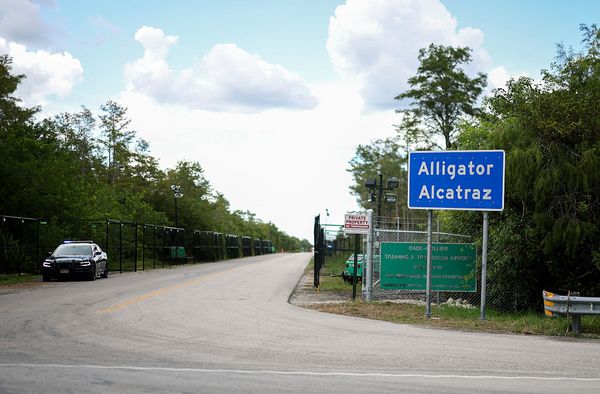
Plans to offer Covid vaccinations to all children aged five to 11 have been delayed by the government because the jabs have not been deemed urgent.
The Joint Committee on Vaccination and Immunisation (JCVI) decided more than a week ago to expand the vaccination programme to all that age group and handed its advice to ministers.
However, the government has not publicly declared whether it will go ahead with the offer and is still “reviewing” the evidence for another week. The delay represents a break with its previous moves to accept JCVI advice straight away.
The decision is now expected to be announced on 21 February, when a long-term strategy for “living with Covid” is to be outlined by Boris Johnson. It is understood any vaccination programme for five- to 11-year-olds would not start until Easter (mid-April) at the earliest.
JCVI members told the Guardian they were in the dark as to reasons for the delay. But the holdup appears, at least in part, to be down to the JCVI advice that the jabs are non-urgent.
A government spokesperson said: “We have received advice from the JCVI as part of the wider work on the living with Covid strategy so we will set out more details in due course. You can expect more detail next week.”
The decision to offer the jab to clinically vulnerable children in the five-to-11 age group was made in December.
Prof Christina Pagel, director of UCL’s Clinical Operational Research Unit and a member of the Independent Sage group of experts, criticised the approach.
“I definitely welcome the news that parents are given the choice whether to vaccinate their primary school-age children with a vaccine that has proven both very safe and very effective. Unfortunately it is coming too late to prevent the maybe half a million or more infections in five- to 11-year-olds this year so far, and the lack of transparency around JCVI decision-making and government intervention remains worrying,” she said.
“Waiting until after the end of term seems perverse, when rates in that age group are the highest in all age groups. This delay in announcing is just causing additional stress and confusion for the many families that have been waiting to vaccinate their children with no clarity.”
Dr Simon Williams, a behavioural scientist at the University of Swansea, also expressed concern.
“The fact that the JCVI have now apparently recommended the offer, and the UK government have delayed action on this, despite the fact that a majority of parents report wanting it for their children, and the fact that Covid is ripping through the primary school population, beggars belief,” he said.
Dr Nathalie MacDermott, of King’s College London, a clinical doctor sub-specialising in paediatric infectious diseases in the NHS, also raised questions about transparency.
“It is unusual that the government have chosen not to announce the decision made by the JCVI in relation to the immunisation of five- to 11-year-olds against Covid-19, particularly as they have not given a clear reason for this,” she said.
“If they are doing this because they are seeking information or evidence from other sectors then this is perhaps understandable, but then this reason should be clearly stated … To simply delay … without giving a reason, when it is public knowledge a decision has been made, raises concerns, not least since recent comments and decisions relating to public health no longer seem to be ‘following the science’.”
Mike Short, Unison’s head of education, said: “Offering the vaccine to younger children is crucial if many more hours of learning are not to be lost. Ministers should stop dithering and announce jab plans for all primary pupils to reassure parents and school staff.
“Covid is running rife in schools. The half-term holidays should help infection rates, but the prime minister’s decision to jettison sensible isolation rules next week could make everything significantly worse.”
Prof Penny Ward, visiting professor in pharmaceutical medicine at King’s College London, said: “Additional issues which come into play include how to schedule these vaccinations in the context not only of Covid vaccination delivery but also delivering other childhood vaccines, which are equally important in this age group, in the context of a service which is overstretched.”







